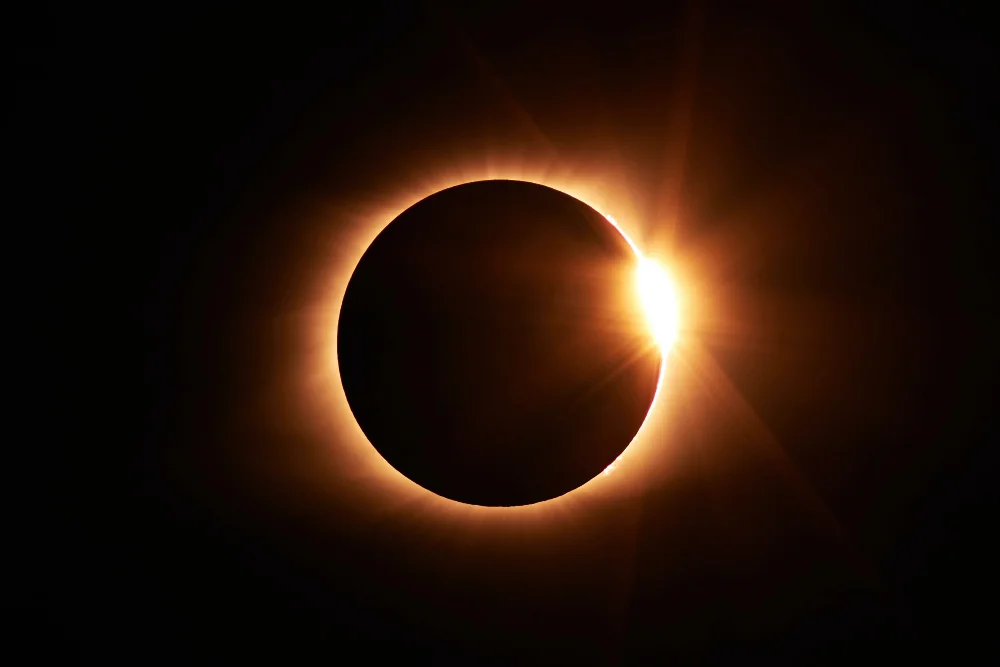As the total solar eclipse of April 8, 2024, approaches, the excitement and intrigue surrounding this celestial spectacle are palpable. However, with curiosity comes a wave of questions and myths that often cloud the understanding of this natural phenomenon. Let’s delve into some common eclipse myths and separate fact from fiction.
Myth: Using the Bathroom During a Lunar Eclipse Is Forbidden
One prevalent myth suggests that using the bathroom during a lunar eclipse can have dire consequences. In reality, there’s no astronomical correlation between bodily functions and eclipses. Feel free to attend to nature’s call without worrying about cosmic repercussions.
Myth: A Post-Eclipse Shower Is Necessary
Contrary to popular belief, there’s no special requirement for a post-eclipse shower. Your regular hygiene routine suffices, as eclipses do not generate solar particles or moon dust that necessitate additional cleansing.
Myth: Difficulty Sleeping After an Eclipse
While some may experience heightened emotions or excitement during an eclipse, there’s no scientific reason why sleep would be disrupted post-eclipse. Any sleep disturbances are likely due to personal factors rather than celestial events.
Myth: Babies Born During Eclipses Have Unique Traits
There’s no empirical evidence to support the notion that babies born during an eclipse possess special characteristics or destinies. Birth timing during an eclipse does not influence a child’s personality or future in any meaningful way.
Myth: Lunar Eclipses Affect Pregnancy
Despite cultural beliefs suggesting otherwise, lunar eclipses have no impact on pregnancy outcomes. Scientifically, there is no connection between lunar eclipses and the health or well-being of expectant mothers or their babies.
Myth: Sleeping Through a Lunar Eclipse Is a Missed Opportunity
Unlike solar eclipses, which occur relatively quickly, lunar eclipses unfold over several hours. As such, there’s no harm in catching up on sleep during a lunar eclipse. The gradual nature of lunar eclipses allows observers to witness the event’s entirety without staying awake throughout.
In conclusion, as we eagerly anticipate the total solar eclipse of 2024, it’s essential to separate fact from fiction when it comes to eclipse-related myths. Understanding the science behind eclipses can enhance our appreciation of these celestial wonders and dispel misconceptions that often surround them. So, enjoy the eclipse experience to the fullest, knowing that science debunks many of the myths that shroud these cosmic events.




